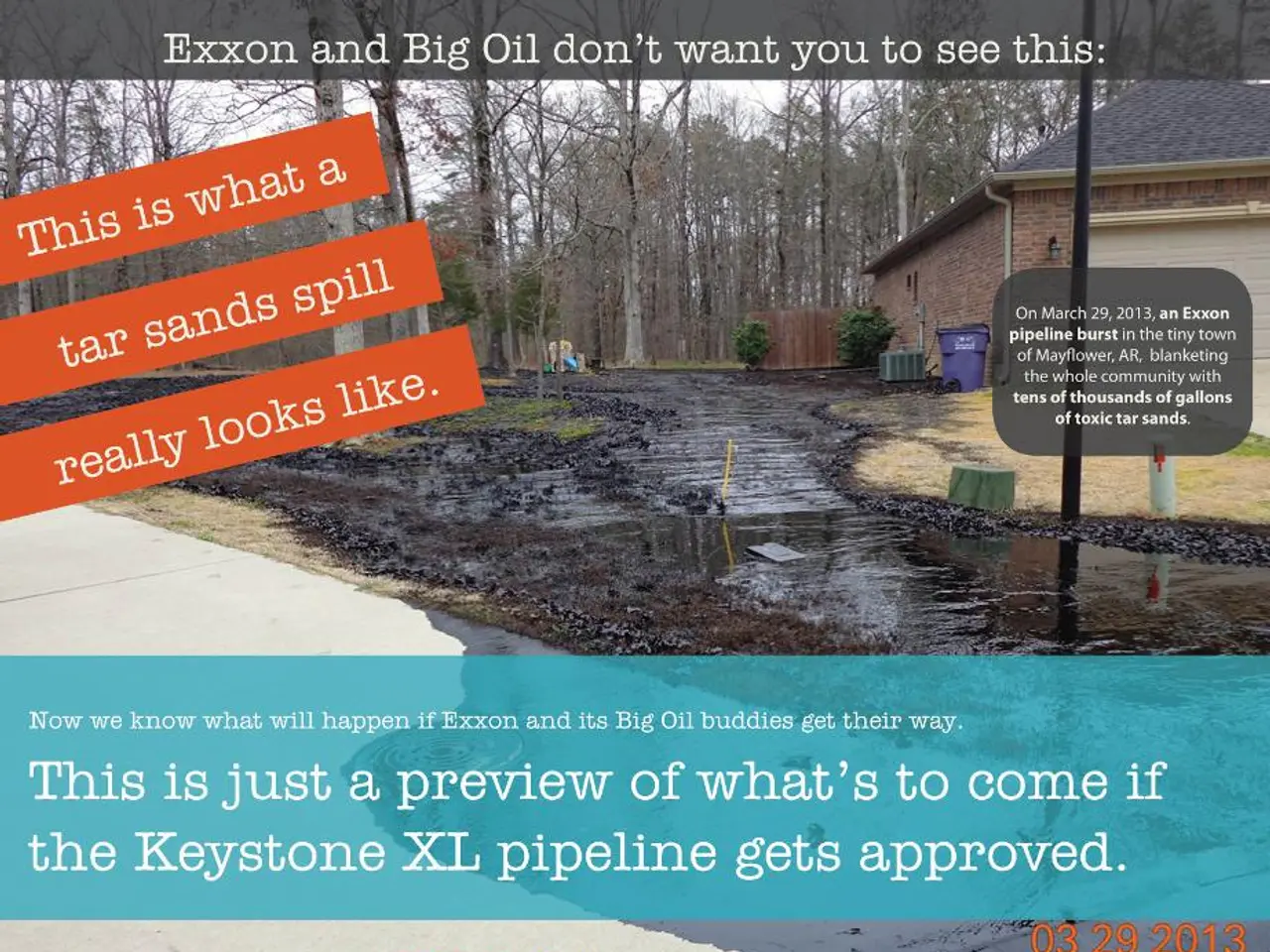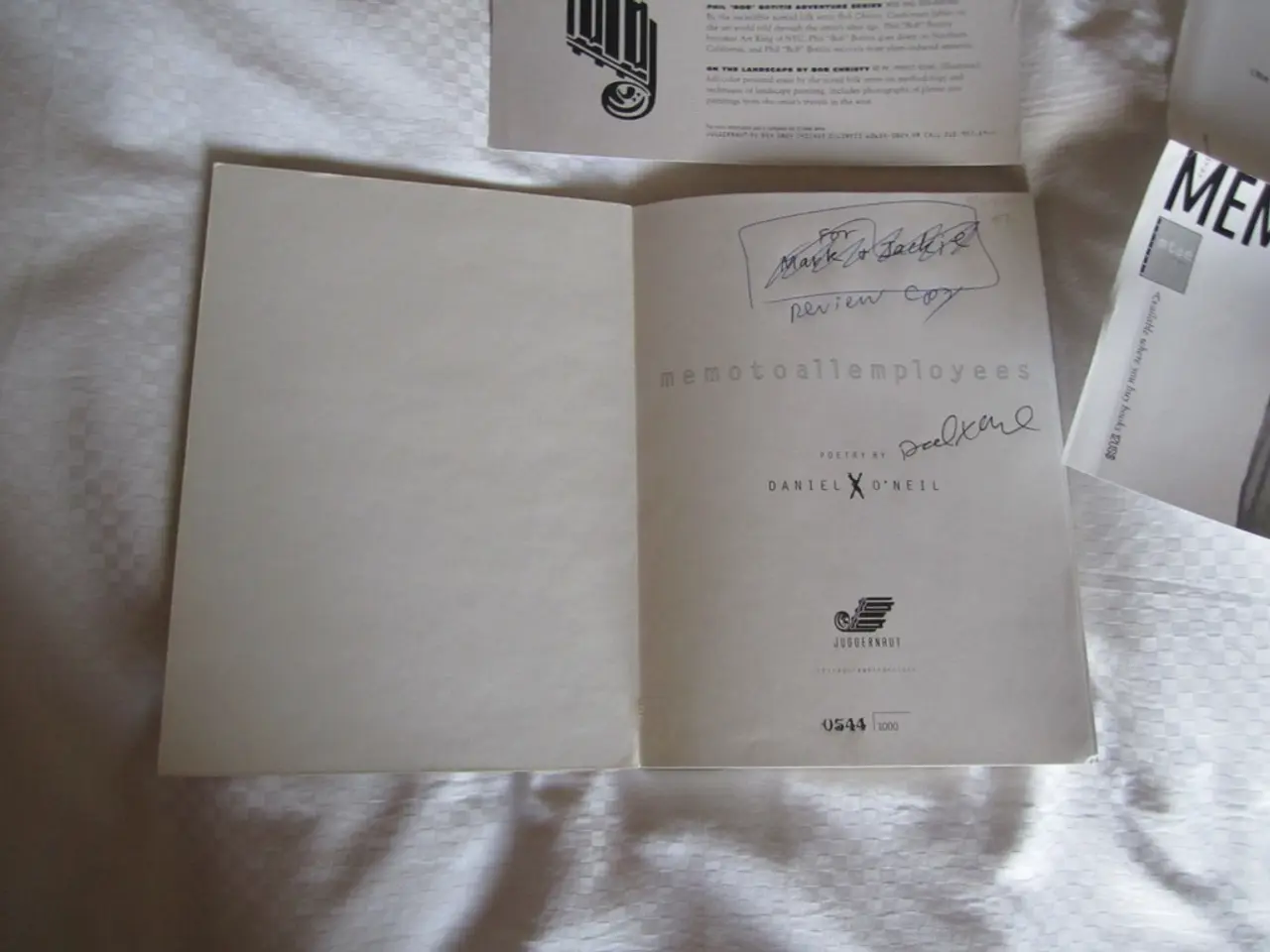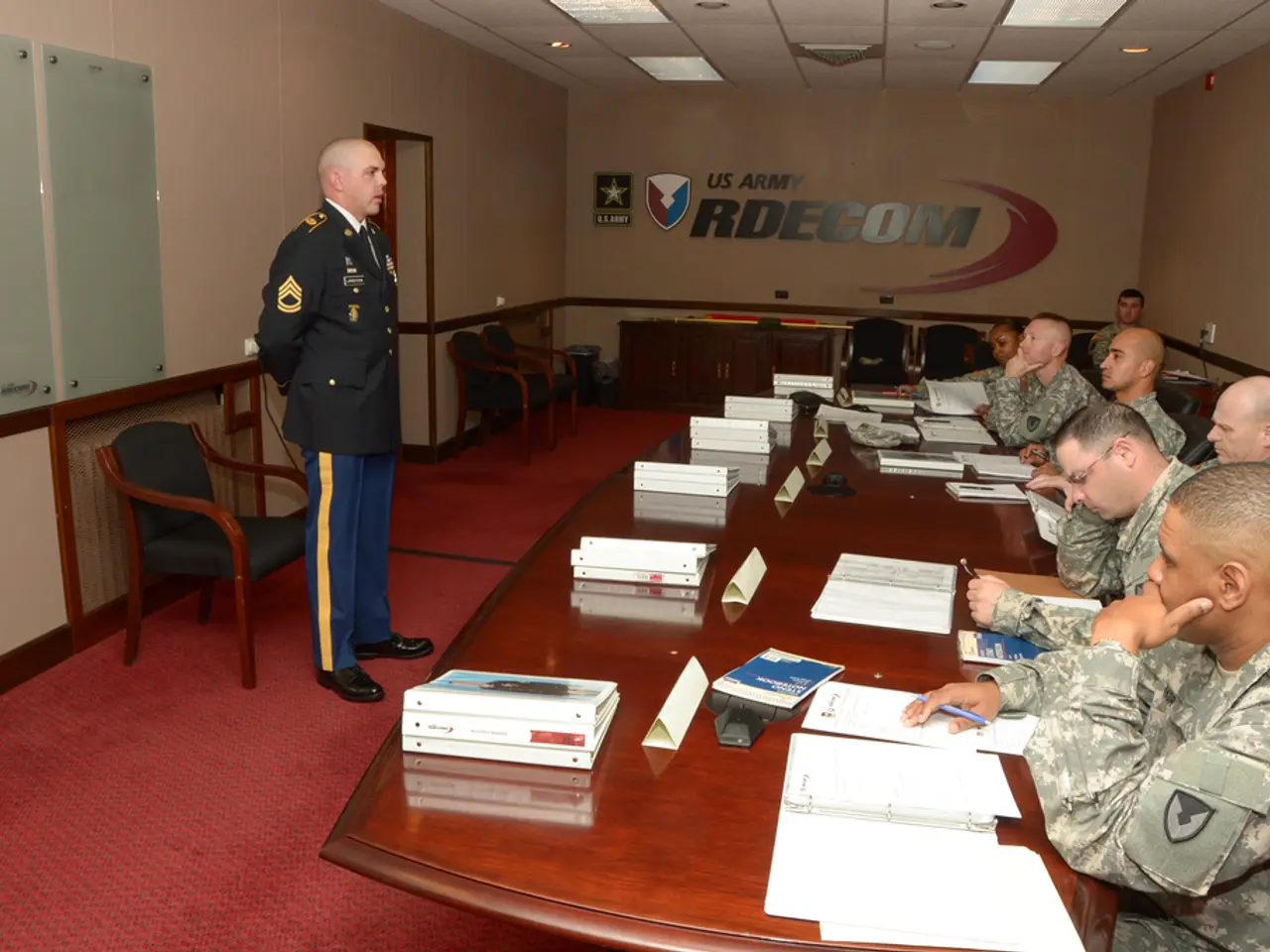Guide to Crafting a Lesson Plan on Plastic Pollution: Unit Overview
In an era where sustainability is a pressing global concern, educators are seeking innovative ways to instil a sense of environmental stewardship in the younger generation. One such initiative is The Plastic Tide, a unit focused on sustainability and connecting local litter work with global questions about litter amounts and necessary changes to reduce it.
This unit is not alone in its mission. Similar online citizen science projects, such as Litterati, Litter Intelligence, and Plastic Pirates - Go Europe, among others, are making strides in teaching sustainability in primary schools.
Litterati, for instance, encourages participants, including students, to photograph, tag, and map litter globally using a mobile app. This not only helps raise awareness but also informs clean-up actions. Litter Intelligence, on the other hand, allows users, including schools, to collect data on coastal litter and microplastics, contributing to scientific research while educating about pollution impacts.
Plastic Pirates - Go Europe is a well-established program where school classes and youth groups monitor and document macro- and microplastics in waterways, combining scientific data collection with environmental education. The Citizen Lab for Microplastics at the University of Marburg supports schools conducting microplastic monitoring with standardized analytic kits, enabling hands-on, standardized research that meets scientific quality.
These projects emphasize hands-on environmental learning, real-world scientific engagement, and sustainability education, closely aligned with the goals of The Plastic Tide in fostering youth participation in tackling plastic pollution. They can be adapted for primary school contexts to encourage active learning and environmental stewardship.
Local or national projects like the Plastic-Free School pilot in Ghana show the power of youth-led sustainability initiatives linking education to community action through Eco-Committees and ambassadors. These complementary program ideas offer a wealth of opportunities for educators seeking to integrate sustainability into their curriculum.
The Plastic Tide unit plan can be downloaded as a Word file, and resources such as the Ocean Plastic Simulator, the Science Learning Hub, and various hands-on learning activities are available to support teachers in their efforts. Reports like Rethinking Plastics in Aotearoa New Zealand provide valuable insights into the extent of the plastic pollution problem and potential solutions.
In December 2019, a report titled Rethinking Plastics in Aotearoa New Zealand was released, detailing findings on plastic. This report, along with case studies like Dianne Christenson's experiences implementing The Plastic Tide unit, serve as valuable resources for educators embarking on this journey.
Projects like The Plastic Tide are a testament to the power of citizen science in empowering young minds to tackle complex environmental issues. By engaging students in real-world scientific research and hands-on learning activities, we can foster a new generation of environmental stewards committed to a sustainable future.
- These citizen science projects, such as Litterati, Litter Intelligence, Plastic Pirates - Go Europe, and others, integrate environmental-science education by encouraging participants, including students, to conduct hands-on research about litter and microplastics, thus promoting a deeper understanding of climate-change impacts.
- With the downloadable unit plan for The Plastic Tide and resources like the Ocean Plastic Simulator and various hands-on learning activities, educators can engage students in science-based discussions about sustainability and plastic pollution, fostering their development into environmentally responsible individuals.




